The author, after ten year’s strenuous research at the grass-root level unravels the untold chapter of Tripura during the period from 1905 to 1952. This is a transitional phase and the book is a connected, comprehensive and illuminating analysis of the growth and development of socio-political movements and conflict within the matrix of pan-Indian historical tradition and change. It integrates the anti-feudalistic and anti-imperialistic struggles by examining their economic roots. It is an analytical, interpretative and comparative study which takes into account the important historical interpretations and some of their models for their proper placement. The socio-political movements in Tripura were very much influenced by the political barometer of the neighbouring undivided Bengal. The book introduces Tripura to the outside world with its peculiar nature of relations with the British, demographic revolution and tribal situation. The influence of Bengal since the anti-partition agitation of 1905 is discernible. Three dimensions of national movements of 1919-22, 1930-34, 1942-43 served as a turning point in the lives of many people in the State. Besides, the effects of the commercial depression of 1930s, economic effects of the two World Wars as roots of political unrest are analysed. The emergence and activities of the socio-political parties are traced and examined in their proper perspective. Attempt is also made to establish the fact that the policy of “armed confrontation†can be substituted by a constitutional electoral battle if people so demanded. For people are the true judges of real uninterrupted historical processes. The author has collected all possible sources of information and exploited a vast mass of primary and secondary data to write freedom and autonomy movements against the background of national liberation struggles and happenings. Annual Administration Reports, Gazetteers, Memorandum and Statistics, contemporary local and national newspapers, handbills leaflets, pamphlets, popular tales etc. are consulted and utilized. Sometimes interviews were conducted to verify the official records. The author has also made an enormous use of published and unpublished records of Tripura Secretariat Archival Record Room, besides consulting records available in the National Archives of India and the West Bengal State Archives. The book is a new addition to national freedom struggle also.
The Barak Valley: A Survey of Documents on the Economic History, 1832-1947 (In 3 Parts)
The book in three volumes is ...
$101.70
$113.00

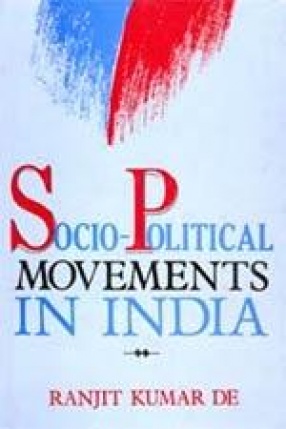
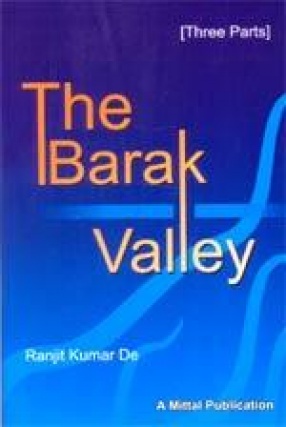
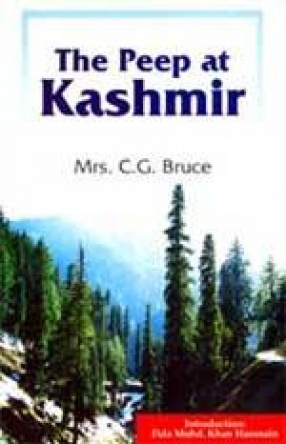
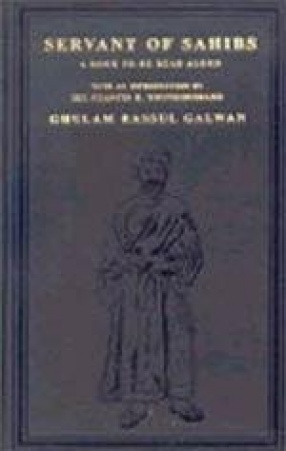
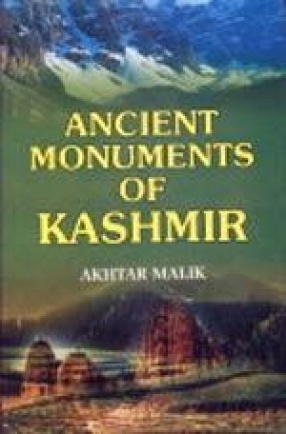
There are no reviews yet.